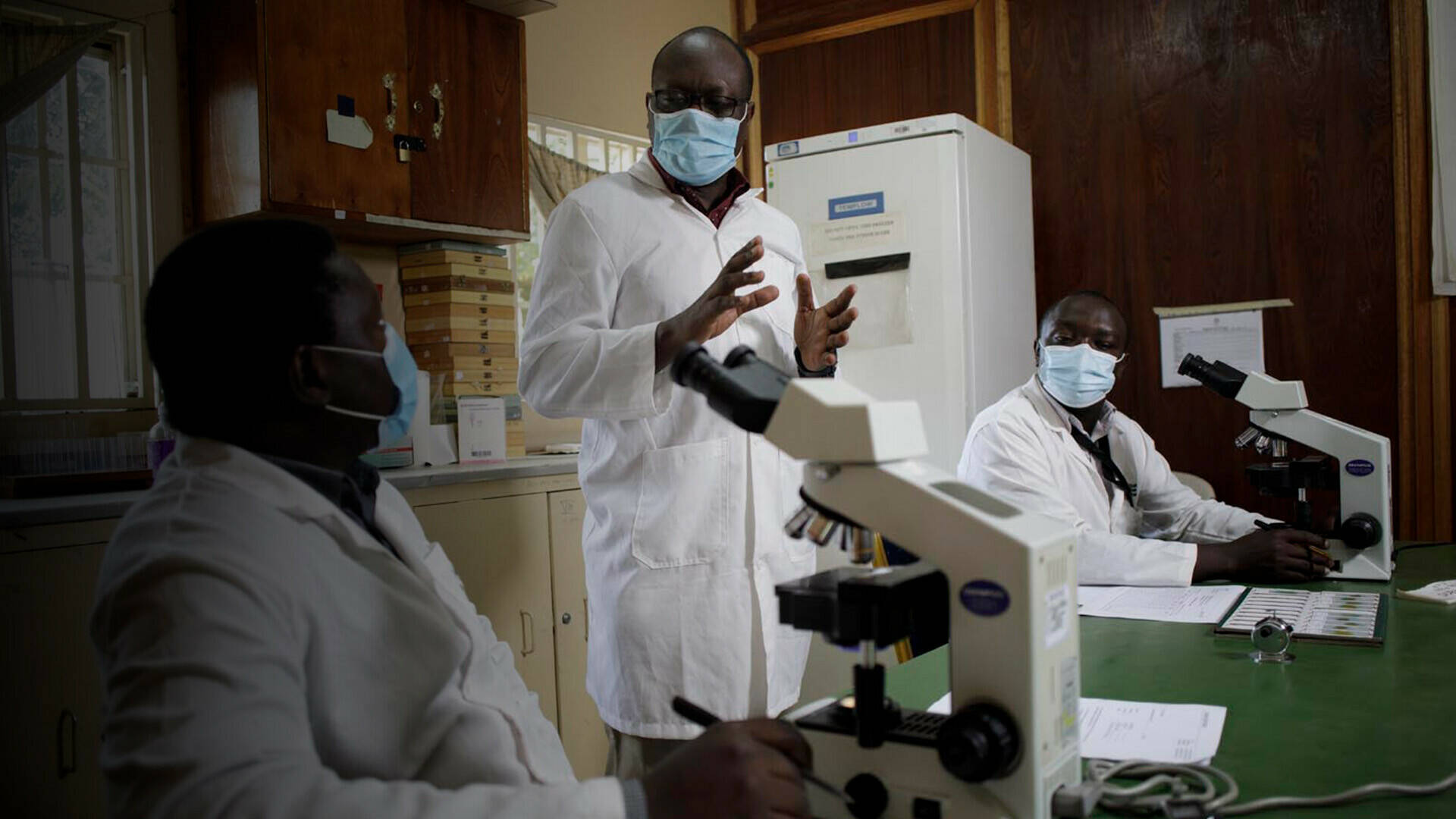scroll down

External partnerships and EU development cooperation:
A partnership with the Japan-based Global Health Innovative Technology (GHIT) fund is advancing development and implementation of arpraziquantel for prevention of parasitic infections in pre-school-aged children, while two dedicated calls leveraged €23 million in co-funding from international organisations.
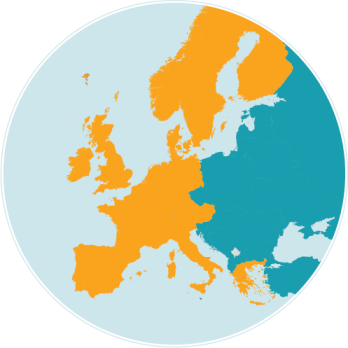
European coordination:
Closer integration of centrally managed EDCTP2 grants and participating-states initiated activities (PSIAs) is reflected in projects that have facilitated the development of a new TB drug, BTZ043, as well as large-scale EDCTP2 funding for follow-up of the PREVAC PSIA-funded Ebola vaccine study.
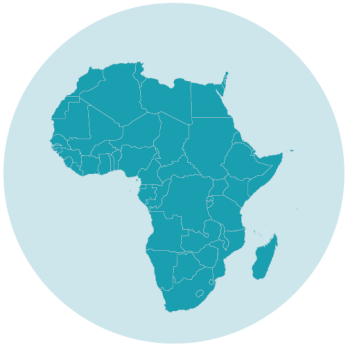
Cooperation with African member states:
More than 150 fellows have received funding towards Master’s training in epidemiology and biostatistics through a partnership with the Africa Centres for Disease Control and Prevention (Africa CDC), creating a new generation of experts contributing to the mapping and response to new infectious disease threats in sub-Saharan Africa. In addition, five additional African countries have joined the EDCTP Association – Côte d’Ivoire, Democratic Republic of the Congo, Guinea-Conakry, Kenya and Rwanda.

Collaborative regional research networks:
The pandemic preparedness network PANDORA-ID-NET has made major contributions to COVID-19 projects on SARS-CoV-2 epidemiology and diagnostics.
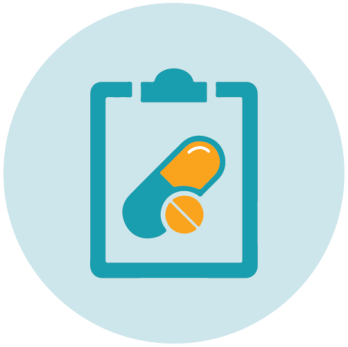
Pharmacovigilance capacities:
Two EDCTP2-funded projects have had a significant impact on reporting of adverse events in Tanzania.
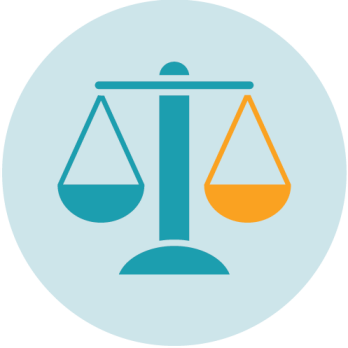
Ethics and regulatory capacities:
Highlights from 2022 include multiple activities to strengthen ethics review capacities in West Africa and Portuguese-speaking countries, as well as regulatory capacity in Ghana and Cameroon.
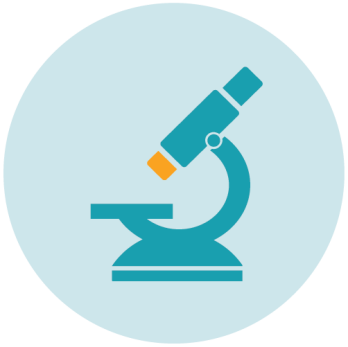
Fellowship programme:
EDCTP2 Senior Fellows have made major contributions in areas such as understanding the immune response to the malaria parasite and molecular characterisation of TB, while Career Development Fellows have explored drug–drug interactions in HIV-positive women, long-term responses to oral cholera vaccine, and use of primaquine to prevent malaria transmission.
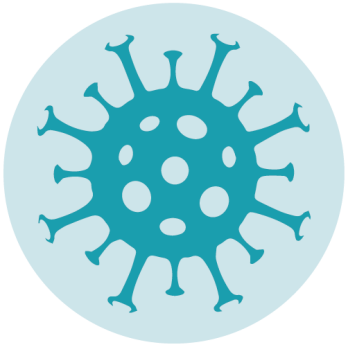
Support for COVID-19 research:
EDCTP2-funded projects have generated key evidence on the circulation of SARS-CoV-2 virus and its variants in multiple sub-Saharan African countries, data on immune responses in African populations, and information on the performance of diagnostics tests.
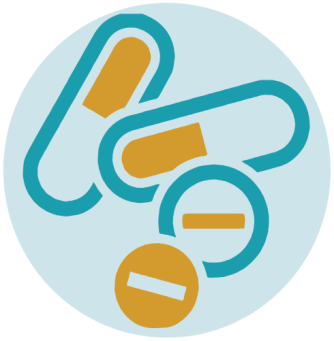
Advancement of medical interventions:
EDCTP2 funding will advance a new antimalarial, ganaplacide, from phase II to phase III trials, generate phase IIb data to move ETVAX, a vaccine against enterotoxigenic E. coli (ETEC), to a phase III trial, and provided key phase IIb data on R21/Matrix-M, leading to investment in a phase III trial by a vaccine manufacturer.

Impact on policy and practice:
The first countries have approved the malaria vaccine R21/Matrix-M, AMBITION-cm findings on cryptococcal meningitis treatment have led to an updating of WHO treatment guidelines, and AfriKADIA results on visceral leishmania are likely to have similar impact in 2023.
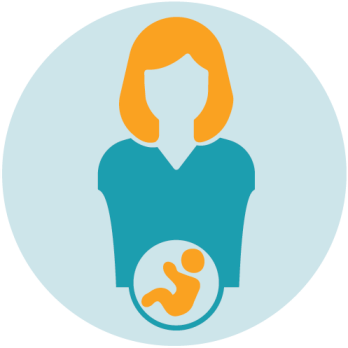
Involvement of priority populations:
Of the clinical studies funded through EDCTP2, 14% involve pregnant and lactating women and their offspring, 26% involve new-borns and infants, and 35% involve children as well as adolescents. Key developments in 2022 include exciting progress in malaria vaccine development, developing arpraziquantel for prevention of the parasitic infection schistosomiasis in pre-school-aged children, catching missed HIV infections in infants and probing adolescent attitudes to pre-exposure prophylaxis.Lorem ipsum dolor sit amet, consectetur adipiscing elit.
Great progress has been made in 2022 in key areas of EDCTP interest:
2022 in a nutshell
